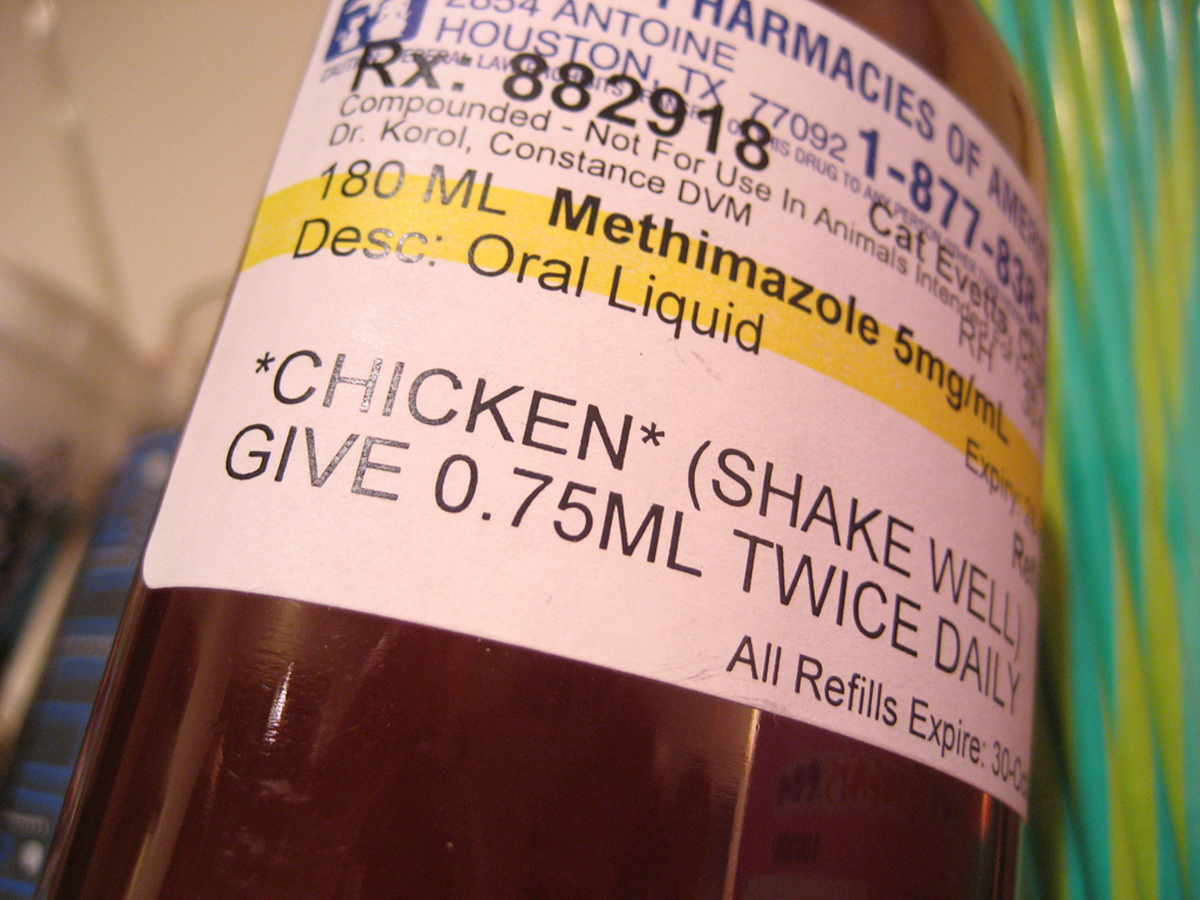Table of Contents
The goal of treatment is to decrease the production of thyroid hormones and symptomatic management of effects of excessive thyroid hormones.
Radioactive Iodine Therapy
The thyroid gland normally uses iodine to make hormones. In this therapy, the physician gives you radioactive iodine, usually by mouth. This radioiodine goes into the thyroid gland and destroys the overactive thyroid cells through radioactivity. The thyroid gland gradually shrinks over the period of several weeks to several months, and the thyroid hormone levels come down. The patient eventually becomes hypothyroid after complete therapy and has to take synthetic thyroid hormones afterwards in the form of daily pills to replace natural thyroid hormones.

Radioiodine therapy usually has permanent results. Many physicians now use it as the first-line therapy. There are a few mild and temporary side effects of radioiodine therapy. It may worsen Graves’ opthalmopathy. Patients may also experience neck stiffness. Radioiodine is not given to pregnant or nursing women because it can be harmful to the baby.
Anti-thyroid Drugs
Anti-thyroid drugs decrease the production of thyroid hormones in the thyroid gland and control the hyperthyoidism. Commonly used drugs are propylthiouracil, carbimazole and methimazole. These drugs usually give temporary results and have a higher relapse rate. The therapy should be continued for one to two years for better results.
Beta Blockers
Beta blockers have nothing to do with thyroid hormone production. These drugs actually block the effects of thyroid hormones and are given to the patient for symptomatic treatment. Beta blockers are effective for an irregular heartbeat, tremors, sweating, irritability and muscle weakness.
Eye Care
Mild cases of Graves’ ophthalmopathy are treated with Lubricant eye drops to prevent dryness and NSAIDs. Severe cases are managed with steroids to reduce the inflammation and swelling behind the eyes.
Thyroid Surgery
If all the medications fail to bring results, surgery may be performed to remove all or a part of your thyroid gland (Total or Subtotal Thyroidectomy). Removal of thyroid gland permanently treats hyperthyroidism.
Before the surgery, patient is usually given anti-thyroid drugs to control the hyperthyroidism because it is dangerous to perform surgery in a hyperthyroid patient. After the surgery you may need to take synthetic thyroid hormone supplements because your body needs certain levels of thyroid hormones for proper functioning.
Possible Complications Of Graves’ Disease
Despite its scary name, there is nothing much to fear from Graves’ disease, if it is diagnosed and treated early. However, if it goes untreated for a long time, there can be some serious complications.
One severe complication of untreated Graves’ disease is Thyroid Storm, in which tremendous amounts of thyroid hormones are released suddenly, causing fever, profuse sweating, vomiting, irregular heartbeat and seizures. This is considered a medical emergency.
Graves’ disease can lead to heart problems like arrhythmias and even congestive heart failure. It can also lead to weak and brittle bones.
READ Alternative Treatments for Thyroid Cancer
In pregnant women, Graves’ disease can threaten the life of fetus — therefore, women with untreated Graves’ disease should not plan a pregnancy. After the disease is fully treated, pregnancy can be planned after consulting the doctor.
- Photo courtesy of euthman via Flickr: www.flickr.com/photos/euthman/3333389779
- Photo courtesy of euthman via Flickr: www.flickr.com/photos/euthman/3333389779
- Photo courtesy of {Guerrilla Futures | Jason Tester} via Flickr: www.flickr.com/photos/streamishmc/304772026


Your thoughts on this